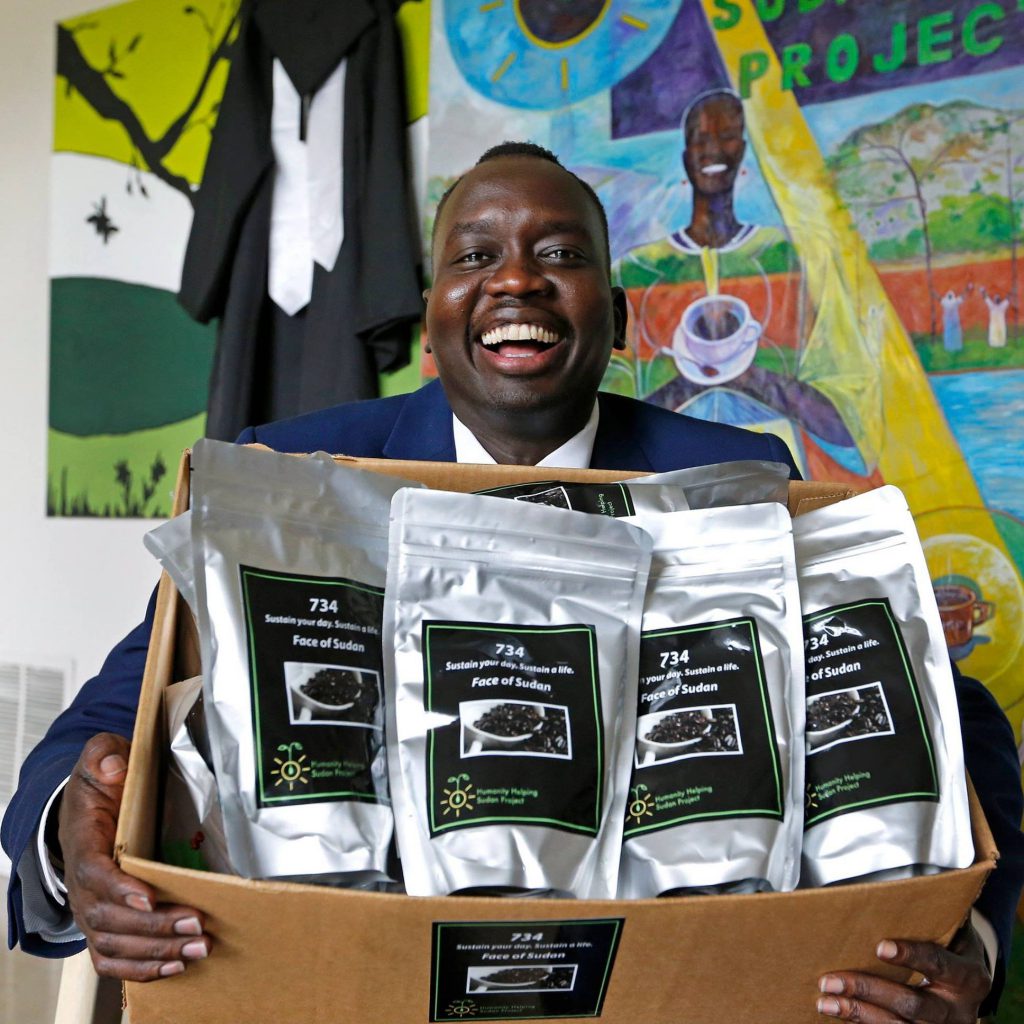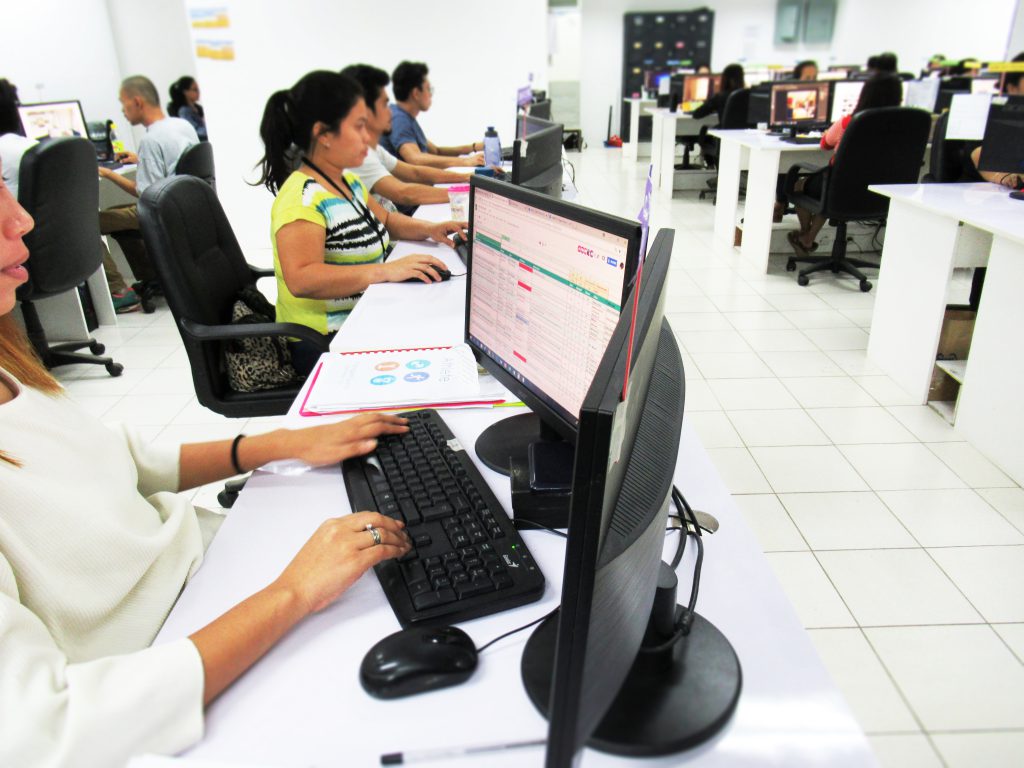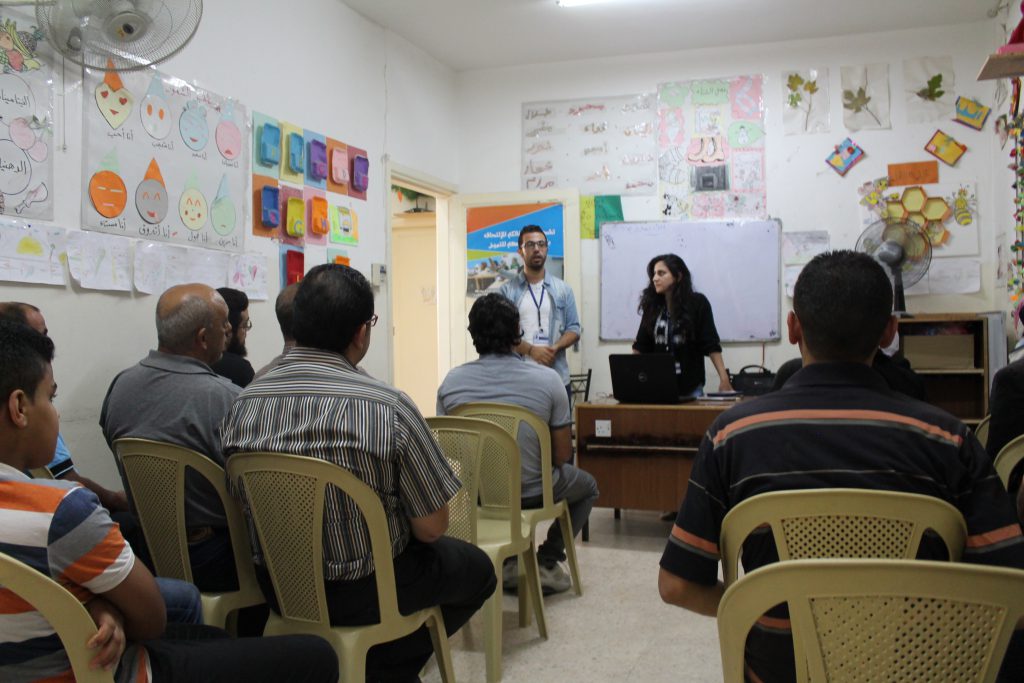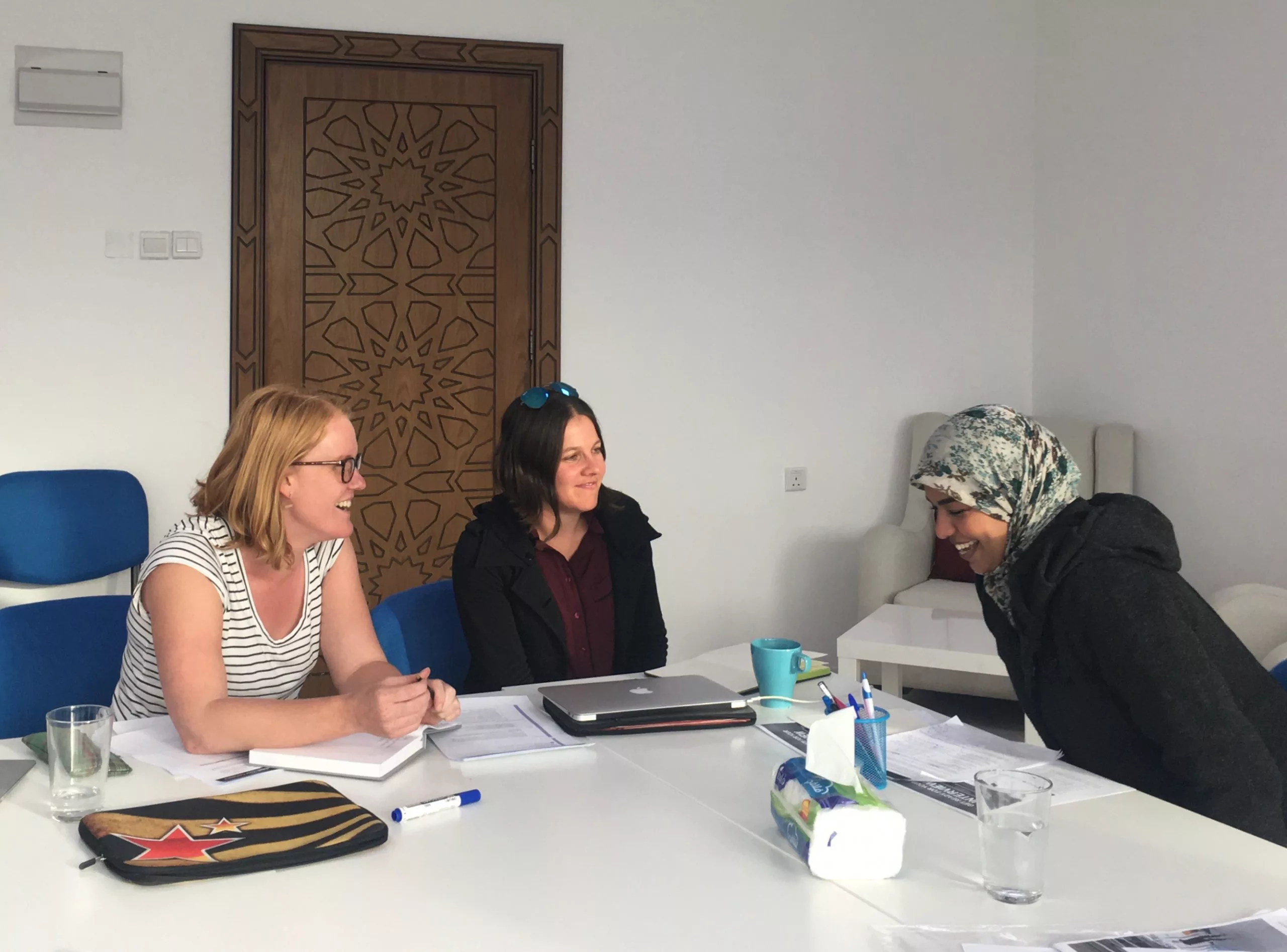Wars, persecution, political upheaval, and climate change are driving a record number of people from their homes. According to the Office of the High Commissioner (UNHCR), one person was uprooted every two seconds, on average, in 2017, and the number of refugees worldwide increased by a single-year record of 2.9 million. In all, UNHCR estimates that more than 68 million people were displaced globally as of last year.
Most stories about global refugees focus on the tragic aspects of their forced migration, which are very real. But what if we could find the opportunities hidden in the refugee crisis? What if we could treat displaced people less as a burden and more as a potential solution for businesses and nations seeking a strong, viable workforce?
A SOCIAL ENTERPRISE ACCELERATOR DEVOTED TO REFUGEES AND MIGRANTS
Refugees and migrants might not seem like an obvious area of focus for the Miller Center for Social Entrepreneurship. But as the largest and most successful social enterprise accelerator in the world, we realized that entrepreneurial approaches might have the potential to address issues facing geographically displaced people. After all, one goal of social entrepreneurship is to disrupt unjust social equilibria and provide dignified livelihoods for poor, vulnerable, and marginalized populations.
We decided to learn more about social enterprises working on issues that affect displaced people. Some provide employment for young women so they aren’t sold into modern slavery. Others use artificial intelligence (AI) to identify trafficking incidents, or blockchain technology to help refugees secure their assets and access them anywhere in the world. Still others provide various kinds of job training, placement, and work experience for refugees.
Emboldened by our findings, Miller Center created an accelerator cohort consisting entirely of enterprises addressing the needs of migrants, refugees, and survivors of human trafficking. To our surprise, more than 100 social enterprises applied for our Social Entrepreneurship at the Margins (SEM) accelerator program, which launched in May 2018 with 21 participants.
We are confident that the paths they follow and the results they achieve, which we outline below, will be of interest to those engaging in the broader social enterprise and impact investing ecosystems.

Manyang Reath, founder of 734 Coffee and pictured here, sources beans from Sudan and Ethiopia, employing refugees in small-scale coffee farming. Proceeds from coffee sales go to scholarships for refugees.
APPROACHES FOR PUTTING REFUGEES TO WORK
SEM program participants help refugees and migrants integrate — or, in the case of skilled workers, re-integrate — into the workforces of their adoptive homes.
Some of these social enterprises focus on training, equipping refugees with new skills that will make them employable in their new communities. Re:Coded is noteworthy because it works with refugees while they are still in refugee camps. This not-for-profit enterprise, the first of its kind in Iraq and Turkey, teaches coding and power skills to displaced youth — both inside and outside refugee camps — to prepare them for purposeful work in the technology sector.
A company that also works with refugees not yet settled into new homes, WorkAround enables refugees to work supplying translation, data entry, data scrubbing, image tagging, research, and transcription services to online clients for fair wages. Pointing out that many displaced people are “stuck in limbo, waiting to be resettled,” WorkAround enables skilled refugees to find work even as they await decisions about their status. Its approach to distributed work fits well into the modern “gig economy” model and lets people work from anywhere — even refugee camps.
Acting as a kind of matchmaker for skilled refugees and global employers, Talent Beyond Boundaries is the only organization in the world connecting refugees to international job opportunities. Talent Beyond Boundaries opens labor mobility as a complementary solution to traditional refugee resettlement while helping employers fill talent gaps.
Additionally, a number of the enterprises we met offer skills and job training to refugees where they resettle. Refugee Company provides job training and placement in various fields — including hospitality, textile manufacturing, marketing, construction, and solar panel technology — for refugees who have resettled in the Netherlands. Refugees{code} prepares refugees for qualified jobs through coding and software development training, helping them integrate into the Austrian job market.
In a more specific example of job placement, 1951 Coffee Company trains refugees and asylees and then gives them jobs in the organization’s California-based coffee shops. The nonprofit specialty coffee organization took its name from the year when the United Nations first defined and set forth guidelines for the protection of refugees — 1951.
Also in the coffee industry, but using a different approach, 734Coffee employs Sudanese refugees in small-scale coffee farming. Through its Refugee Campus program, 734 Coffee devotes 80 percent of the profits from the sale of its ethically sourced, fair-trade coffee to scholarships for refugee children. The number 734 denotes the geographical coordinates — 7°N 34°E — for Gambela, a region in Ethiopia that is now home to more than 200,000 people who fled war, atrocities, drought, and famine in South Sudan.
Displaced people are particularly vulnerable to trafficking and exploitation, and dignified work can help survivors rebuild their lives. Relevée trains human trafficking survivors as makers of fine jewelry in Southeast Asia, while the Destiny’s Reflection program employs survivors of sex trafficking in Kolkata, India, to make fashion accessories for ethical businesses. In the Philippines, the business-process outsourcing company Regenesys BPO hires survivors of modern slavery and helps them walk the last mile of restoration through employment in technology.

Human trafficking survivors based in the Philippines are trained and employed in digital outsourcing by Regenesys BPO.
REFUTING THE ASSUMPTION THAT REFUGEES ARE AN ECONOMIC DRAIN
It’s commonly assumed that migrants and asylum-seekers pose an economic burden to the countries that receive them. A recent paper published in Science Advances refutes this assumption. Three authors from the French National Center for Scientific Research evaluated the economic and fiscal effects of asylum-seekers entering Western Europe from 1985 to 2015. They found that instead of acting as a drag on Western European countries’ economies, asylum-seekers “might rather be an economic opportunity.”
“The increase in public spending induced by asylum-seekers is more than compensated for by an increase in tax revenues net of transfers,” the researchers concluded. “As asylum-seekers become permanent residents, their macroeconomic impacts become positive.” In the global competition for talent, the more welcoming countries are to refugees, the faster they accrue the economic benefits.

Talent Beyond Boundaries (TBB) is opening international employment pathways for skilled refugees to fill talent gaps. TBB works with refugees in Jordan and Lebanon to support them in preparing for international recruitment.
ARE REFUGEES THE FUTURE WORKFORCE?
We greet these research results with great enthusiasm. It’s an indication that working to help global refugees, asylum-seekers, and survivors of human trafficking find dignified livelihoods — whether they’re newly displaced, living in refugee camps, or trying to establish themselves in new homes — is not just the right thing to do from an ethical and humanistic standpoint, but also makes economic sense.
Unfortunately, the conflicts, persecutions, and climate-induced impacts that drive people from their homes are unlikely to end any time soon. All people are entitled to the opportunity to pursue dignified livelihoods. That truth doesn’t change even in the most chaotic refugee camps, which remove individuals’ agency, control, and ability to architect their own futures.
At the same time, many businesses across the globe struggle to find enough skilled, qualified employees. Training refugees and migrants to fill key positions seems an ideal solution for everyone involved.
Learning that asylum-seekers can actually spur a country’s economic growth might help ease the political opposition to welcoming refugees. Miller Center for Social Entrepreneurship looks forward to seeing what our first cohort of SEM program participants will achieve.
As the number of refugees and migrants continues to grow, and as global corporations increasingly find themselves competing for talent, it makes sense to view refugees as important members of the future workforce.





